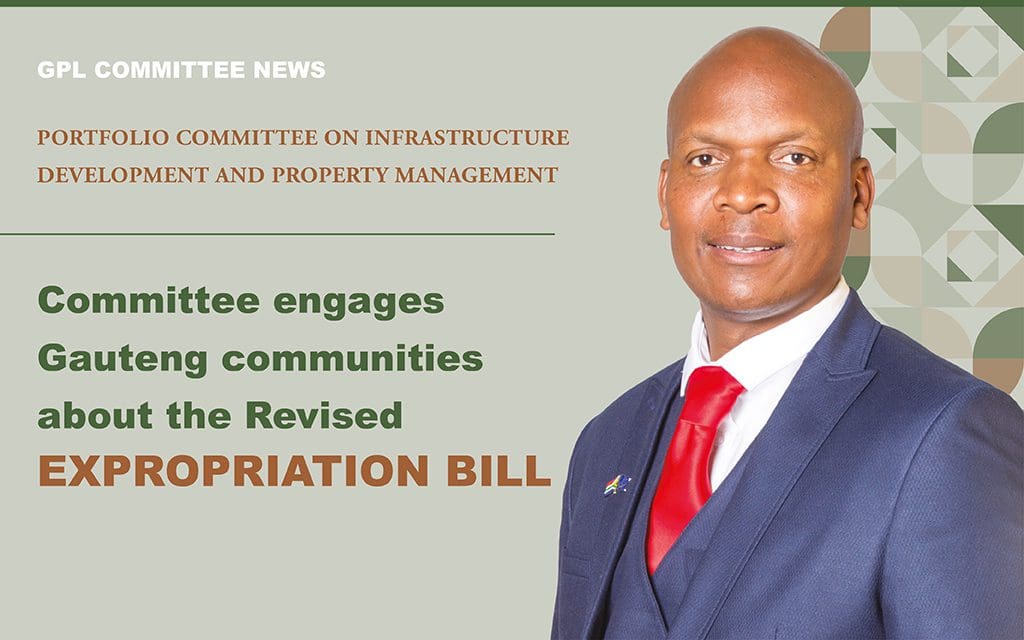The Legislature’s Portfolio Committee on Social Development recently participated in a conference hosted by the International Association for Child & Adolescent Psychiatry and Allied Professions, where discussions focused on social media as a tool to advocate for child and adolescent mental health.
In South Africa, it is estimated that more than 13% of adolescents aged 10–19 live with a diagnosed mental disorder. This represents 86 million adolescents aged 15–19 and 80 million adolescents aged 10–14. Anxiety and depression make up about 40 per cent of these diagnosed mental disorders; the others include attention deficit/hyperactivity disorder, conduct disorder, intellectual disability, bipolar disorder, eating disorders, autism, schizophrenia, and a group of personality disorders.
In addition, almost 46,000 adolescents die from suicide each year, among the top five causes of death for their age group. This is partly because Child and adolescent psychiatrists and other mental health professionals are available in only a handful of urban centers, while limited services and human resources compromise care at district level.
South Africa has fewer than 60 child and adolescent psychiatry specialists, but this is still more than any other country in sub-Saharan Africa. Of these specialists, 20 practice in the public sector, while there are only five funded training posts nationally. Government-funded specialist services for children and adolescent mental health are available in Cape Town, Johannesburg, eThekwini, and Tshwane.
Committee Chairperson, Honourable Nomathemba Mokgethi, said “As the mental health field is riddled with misinformation and stigma, this offers a unique opportunity for psychiatrists and mental health professionals to reach a broad audience for mental health education and advocacy. Stigma among children youth is a major problem that could potentially perpetuate mental health problems. “Mental health stigma is a major barrier to seeking help and leads to poor quality of life and social withdrawal for children living with mental illness.” She added that mental health problems in childhood and adolescence posed a “major threat” to public health.
Meanwhile, it was further highlighted that Covid-19 put the mental health and well-being of an entire generation at even greater risk. The disruption to their routines, education, recreation, as well as concern for family income and health, is leaving many young people feeling afraid, angry, and anxious for their future. Investing in child and adolescent mental health services and systems now will provide the early interventions needed to prevent long-term, multi-level costs associated with poorly functioning services.
Hon. Mokgethi continued, “Building children’s confidence and capacity to take initiative, cope with adversity and contribute to community life are critical ingredients of mental health and active citizenship. We need to work in partnership with young people and harness their energy, creativity, and clarity of thought to design policies, services and programmes that are responsive to their needs and prepare them for the challenges to come.”
From the conference the Committee will incorporate in its future strategic plans the key lessons learned from the conference.
Experts agreed on the need to place children at the center of policies and to create an enabling environment to protect children from harm, build their capacity to cope with stress and adversity, and provide them with opportunities to thrive. Prevention of mental health problems is after all more cost-effective and leads to better health and wellbeing outcomes than treatment alone.




